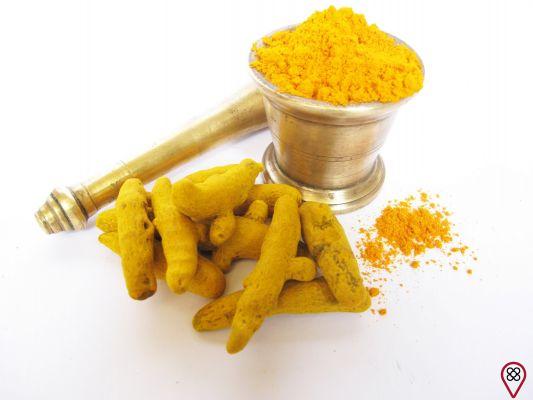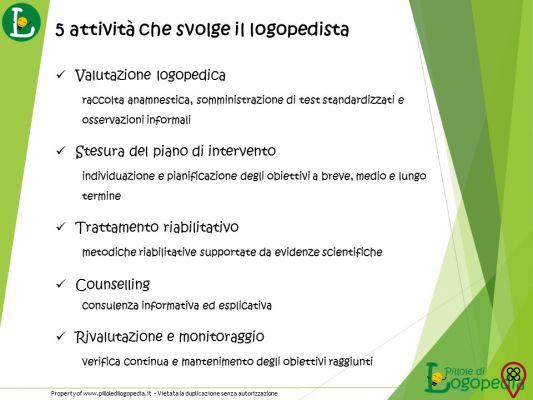
About 4.000 years ago, ancient Vedic cultures in India used turmeric as a seasoning for food and in religious ceremonies. There are records from approximately 2.500 years ago of turmeric being an important part of Ayurvedic medicine. Ayurveda is an ancient Indian practice of natural and holistic healing. Ayurveda can be translated as “science of life” – ayur meaning life and veda science or knowledge. Turmeric has been used since that time to cure all sorts of ailments and ailments, from nasal congestion, poisoning, wounds and even skin conditions. Ayurvedic literature has over 100 distinct terms for turmeric, depending on its use and purpose.
To this day, the country that most produces and consumes turmeric in the world is India. Turmeric as the spice we know is extracted from the root (rhizome) of Turmeric longa, the scientific name of the plant. This root is boiled in alkaline water and then dried in the sun. Most of the time the root is crushed and made into a powder and packaged for sale.
Despite being used for thousands of years as a traditional medicine treatment, in the last ten years modern medicine has studied this traditional evidence more deeply. Scientific research on turmeric demonstrates a wide range of health benefits, especially for the brain.
Most responsible for turmeric's mental benefits is curcumin, a polyphenol with impressive properties. Several studies demonstrate the natural anti-inflammatory and antioxidant properties of curcumin. This compound is being widely studied by science in various applications to improve cognitive ability and health.
Reduction of inflammation and lower levels of oxidation promote a number of health benefits. The anti-inflammatory power of curcumin is so strong that at the same dose it is equal to that of some anti-inflammatory drugs with the added benefit of not having the side effects. This reduction in inflammation improves short-term and long-term memory as it activates and protects the hippocampus, the brain's memory center.
Consuming this spice can also help our brain to repair itself and even grow. Curcumin increases the natural production of Brain-Derived Neurotrophic Factor (BDNF). BDNF is a protein used by the brain as a growth hormone. Is it over there
is able to stimulate the creation of new neurons and new connections between neurons. Our brain tends to lose neurons with age, decreasing cognitive ability. However, this cycle can be attenuated with higher levels of BDNF.
You might also like:
- Does brushing your teeth with turmeric really work?
- Why should we ingest turmeric every day?
- Discover this revolutionary sweet potato recipe
- Discover the countless benefits of black pepper
Additionally, curcumin has been studied as a mechanism to prevent Alzheimer's. This polyphenol has the ability to break down the beta-amyloid plaque that accumulates in the brains of patients who have the disease. This ability serves as a mechanism to delay disease in patients who already have symptoms or for prevention in people who are predisposed to the disease.
Other studies still point to curcumin as a possible anticancer agent. A study carried out in España, by UFRGS, links turmeric to the prevention of brain cancer. In animal tests, they saw a 45-65% reduction in their number of brain tumors with the consumption of curcumin.
Summary of benefits:
- Powerful antioxidant and anti-inflammatory
- Better short and long term memory
- Promotes neural plasticity (creates and repairs neurons)
- Combat and prevent Alzheimer's
- Evidence of anti-cancer properties
Achieving all these benefits is neither difficult nor expensive. Turmeric powder is easily found in supermarkets and health food stores, and the fresh root can be found at grocery stores and grocery stores.
An important detail: alone, the powerful curcumin is not well absorbed by the body. However, a very simple solution is to consume it together with black pepper.
Pepper piperine significantly increases the absorption and bioavailability of curcumin.
Some combinations to use turmeric naturally in everyday life:
- Scrambled eggs or omelet with turmeric and black pepper
- Sauces and marinades with natural yogurt, olive oil and turmeric
- Soups, broths and curry seasoned with turmeric
- White rice or risotto dyed with turmeric instead of saffron
- Shot of turmeric and crushed ginger with squeezed lemon
There are many other spices you may already know that have benefits for memory, attention, mood and disposition. Find out more with the free e-book “6 Spices for the Mind”.

























